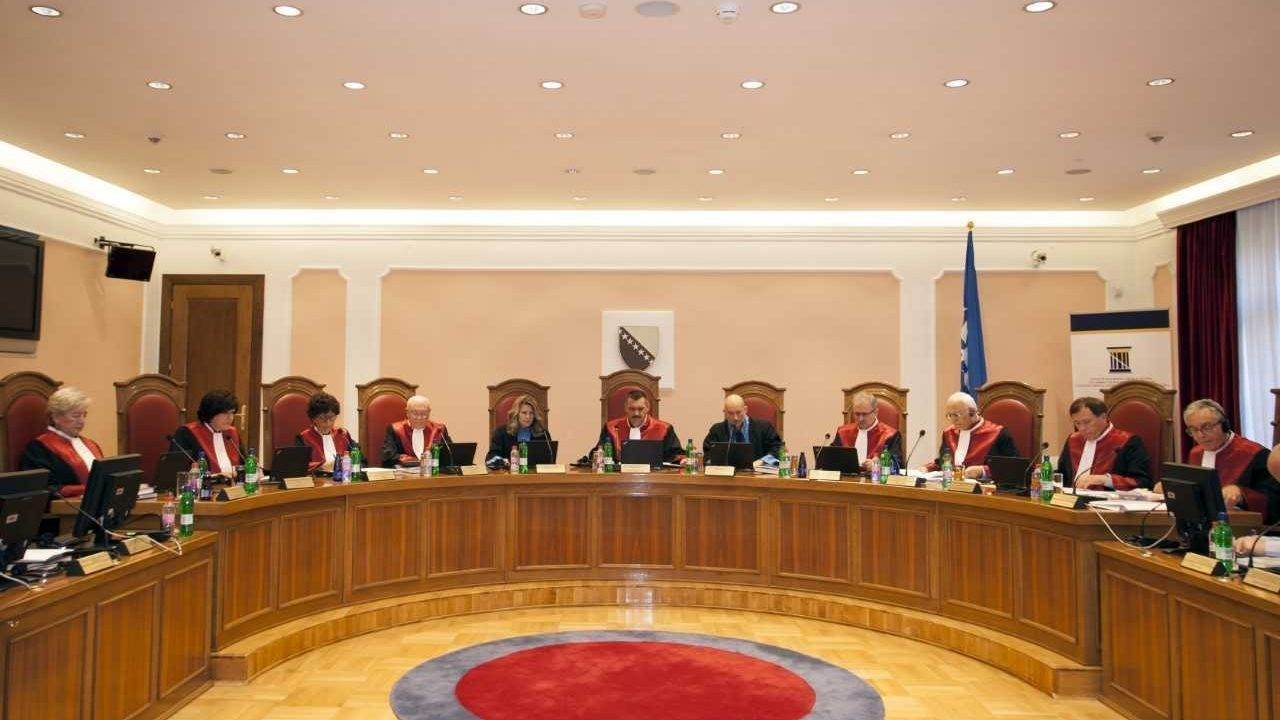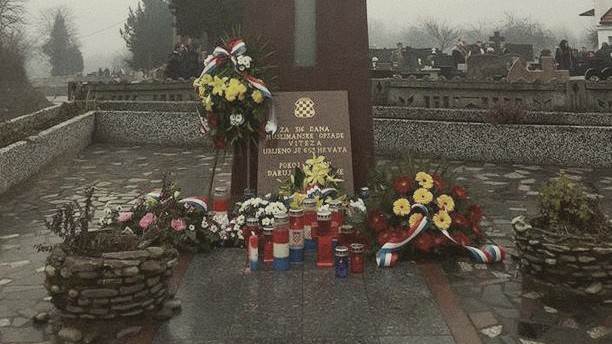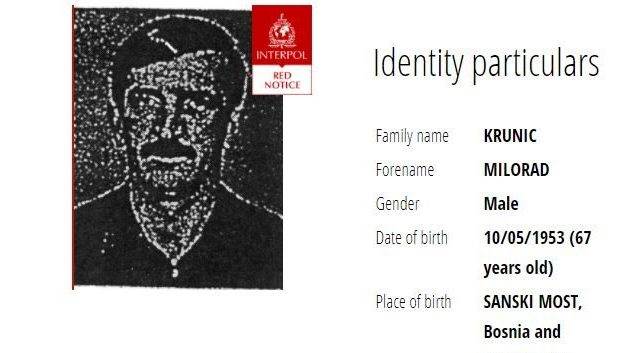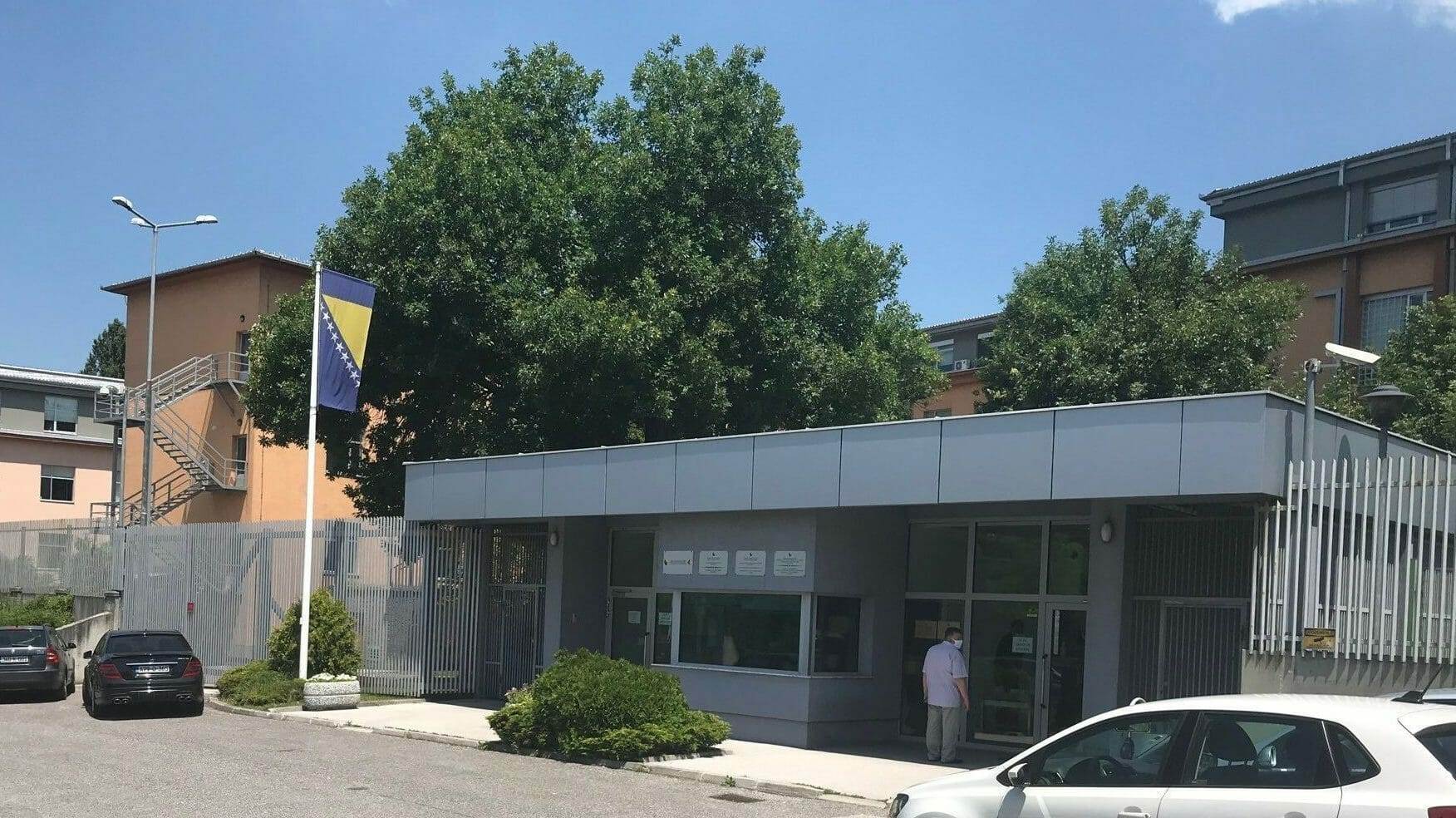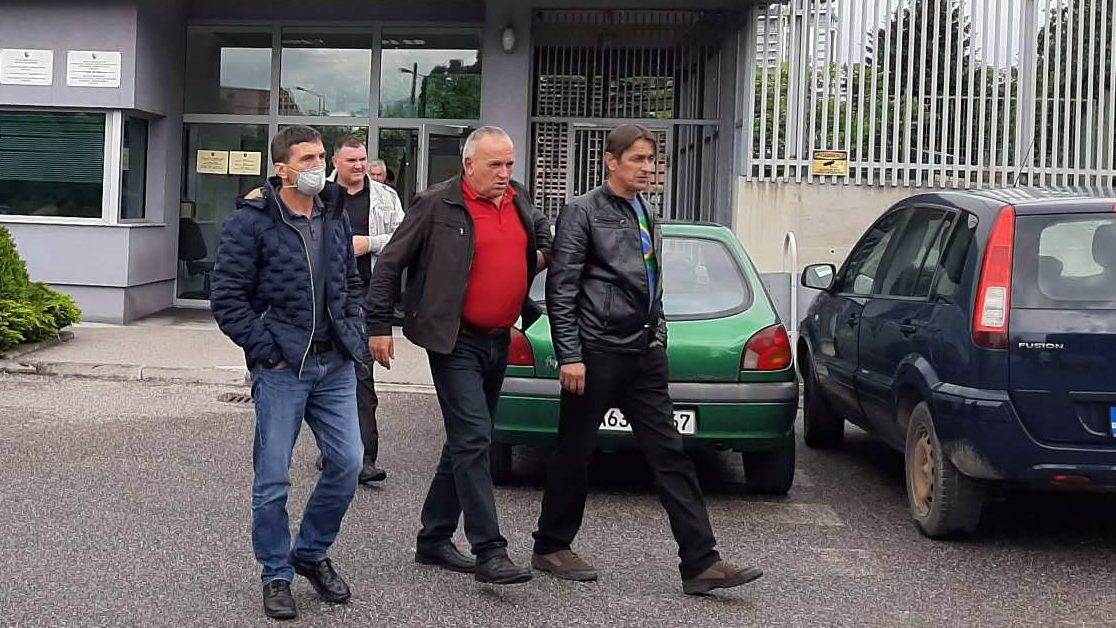The Constitutional Court rejected an appeal from former Bosnian Army soldier Tarik Sisic, who was convicted of involvement in the killings of 21 Serbs in the village of Kukavice in...
A ceremony will be held in the village of Buhine Kuce, near Vitez in Bosnia and Herzegovina, to commemorate 26 people, including eight children, who were murdered in 1994 but...
Wartime reservist policeman Milorad Krunic, who was accused of involvement in the killings of civilian prisoners in the Sanski Most area in 1992, died before entering a plea at his...
Former Bosnian Serb Army soldier Branislav Gavrilovic was charged with ordering the killing of civilians and abusing Bosniak and Croat prisoners in the Ilidza and Hadzici areas in 1992 and...
Former Bosnian Serb Army soldiers Branko Cigoja, Zeljko Todic and Sasa Boskic’s appeal against their convictions for killing 28 Bosniak and Croat civilians in the Donji Vakuf municipality in 1995...
Bosnia’s Constitutional Court rejected an appeal from ex-soldier Milorad Mrdja against the verdict sentencing him to seven years in prison for raping a minor and other wartime crimes against Bosniaks...
An analysis of defamation proceedings before courts in Bosnia and Herzegovina over the past four years reveals that in more than 80 per cent of cases, lawsuits against journalists are...
Public officials are behind the overwhelming majority of defamation cases brought against Bosnian journalists, dragging them through expensive and often lengthy court proceedings that make many think twice about the...
Freed war criminal Fikret Abdic has been re-elected as the mayor of the Velika Kladusa municipality, according to preliminary results from the weekend’s local elections in Bosnia and Herzegovina.
